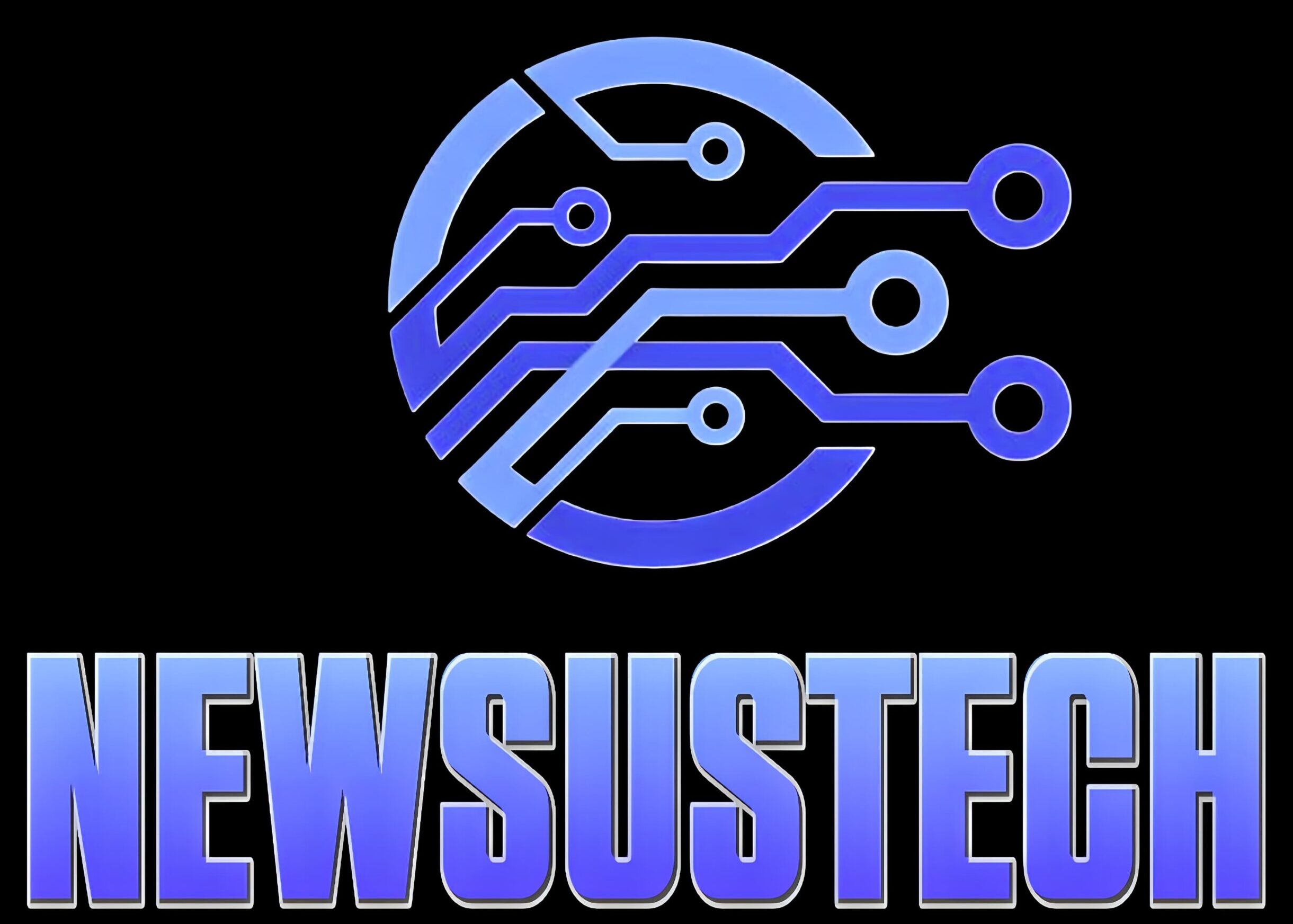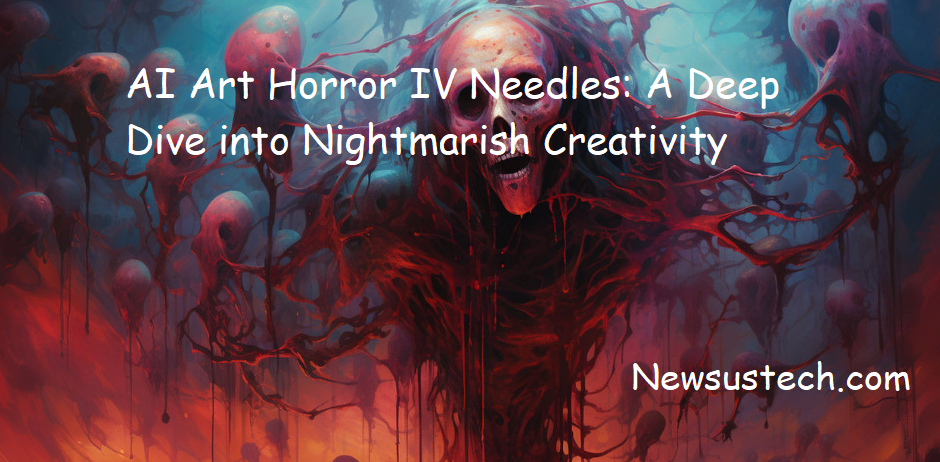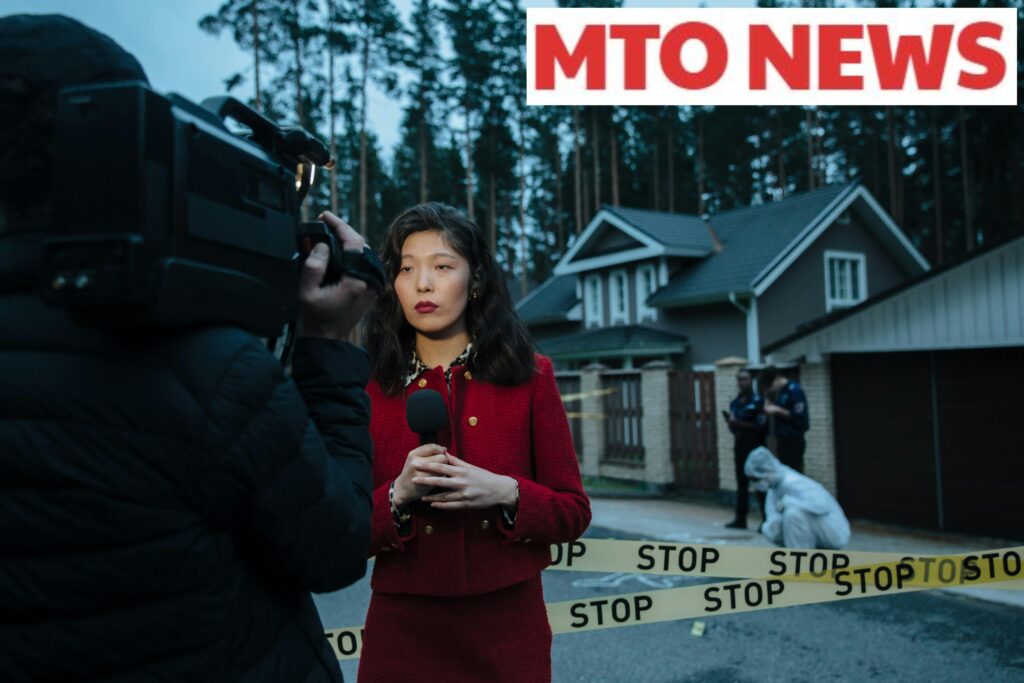What is the function of a Hello World program?
A Hello World program doesn’t offer a deep insight into a programming language, nor does it teach you any functions that go beyond the famous greeting to the world. Nevertheless, “Hello, World!” is one of the unspoken rituals which even experienced programmers follow when learning a new language. When it comes to children’s programming, a Hello World program allows kids to learn how to use code editors and a variety of interesting code languages in a fun and interesting way.
Whether you consider it a cult, a tradition, or a simple teaching tool, one thing is certain about Hello World, it’s fun to create a small program in a short amount of time that does exactly what you ask it to do. Programmer Erin Spiceland described the fascination of programming as “telling rocks what to think”. Nothing compares to the magic of creating a readable, working program with a few pieces of code like a simple “Hello, World!”.
Where does the name come from?
Many people who are programming “Hello, World!” for the first time will wonder who came up with the idea in the first place? The origin of the tradition dates back to 1972 and 1974. Brian Kernighan is a Canadian computer scientist and co-developer of the B and C programming languages and wrote the internal manuals for B and C. His aim was show how individual words could be arranged in a meaningful way using the B and C code languages. The inspiration for the famous greeting is said to have come from a cartoon Kernighan had seen on television.
The “breakthrough” of the familiar word came with the famous Bell Laboratories textbook “The C Programming Language”, which Kernighan wrote with the American computer scientist Dennis Ritchie. This was the first book published on the C programming language. It quickly achieved fame and is now considered a standard work. The text was written as “hello, world” in Kernighan’s internal instructions and in “The C Programming Language”. It subsequently became known as “Hello, World!” or “Hello World” in the programming community.





